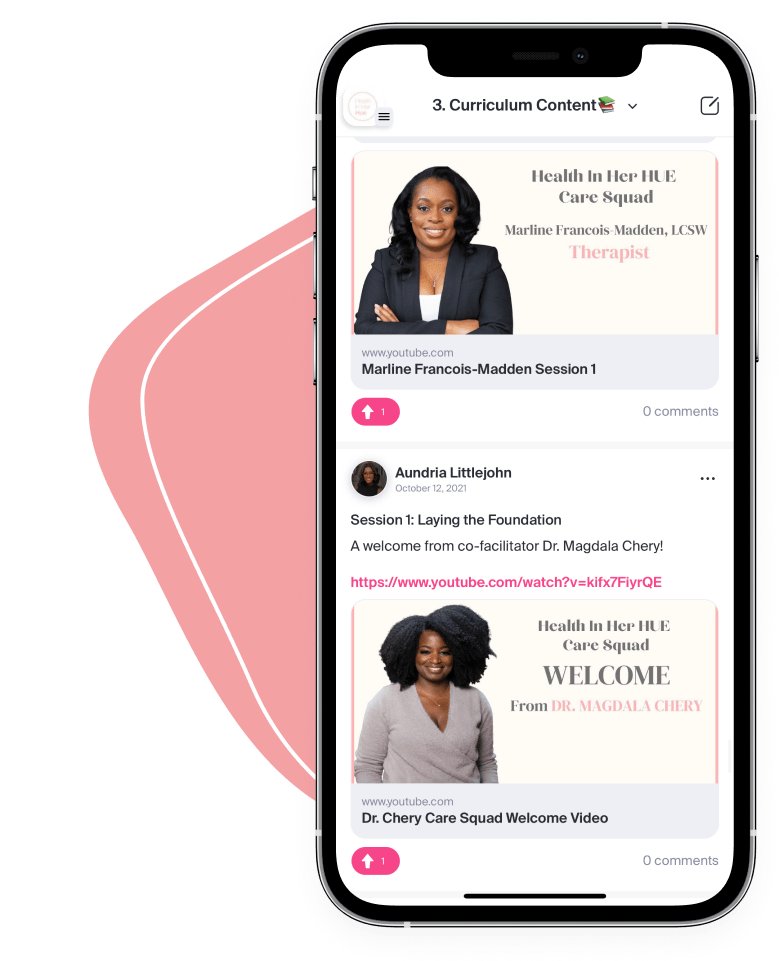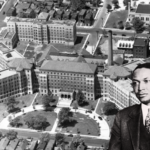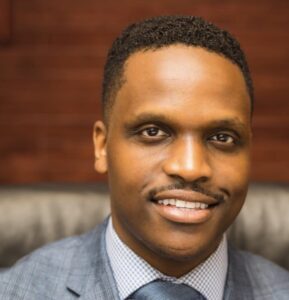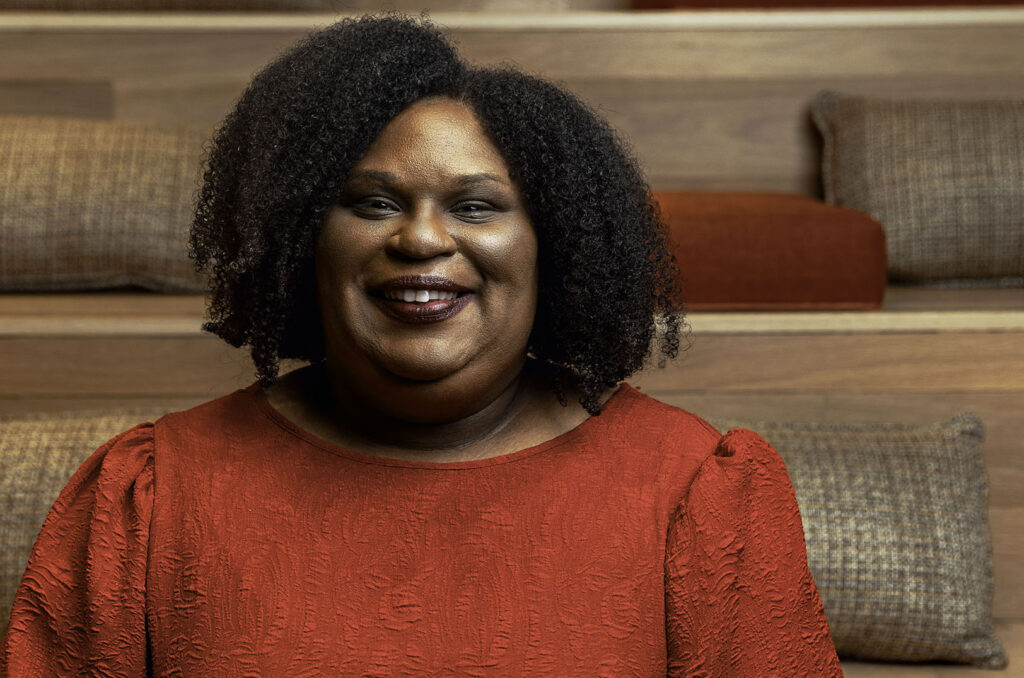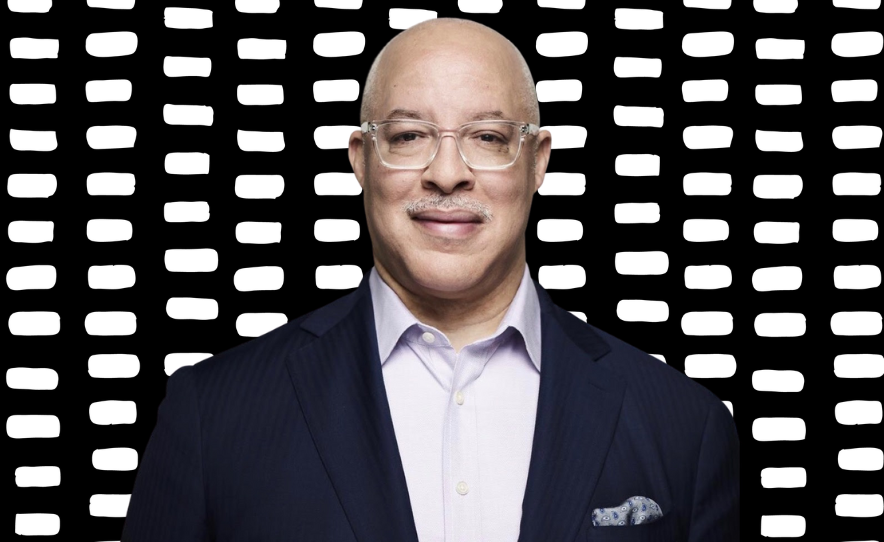Health In Her HUE is a digital health platform dedicated to tackling racial health disparities for Black women and women of color. The company recently announced the successful closure of a $3 million seed funding round, marking a pivotal moment in its mission to revolutionize healthcare access through technology and community-driven initiatives.
Founded in 2018 by Ashlee Wisdom, Health In Her HUE emerged with a clear goal: to create a supportive ecosystem that empowers women of color by connecting them with culturally responsive healthcare providers and vital health-related information.
:max_bytes(150000):strip_icc():format(webp)/Untitleddesign2-8e54289f55594e32aba19c3b19d3c1b6.png)
This funding round, led by Seae Ventures, includes backers such as Johnson & Johnson Impact Ventures, Morgan Stanley Inclusive Ventures Lab, Genius Guild, HBCU Founders Fund, Stanford Impact Fund, and a group of angel investors.
Health In Her HUE’s platform includes an array of offerings aimed at addressing the unique healthcare needs of its nearly 13,000 members. The platform encompasses a comprehensive directory featuring over 1,300 diverse healthcare providers across 60 specialties. This directory empowers members to personalize their healthcare journey by connecting with providers who understand and cater to their cultural nuances and individual requirements.
Furthermore, the platform offers an extensive collection of educational health content through various mediums, including long and short-form videos, articles, and live virtual events. These resources serve as informative tools, ensuring women remain informed and engaged in managing their healthcare effectively.
Central to its impact is the vibrant community fostered by Health In Her HUE. Forums and programs, such as the Care Squad Program, provide spaces for women to engage, learn from each other’s experiences, and access peer support groups curated by healthcare professionals. Topics range from fibroids and fertility to mental health, addressing critical issues often overlooked in conventional healthcare settings.
Wisdom expressed pride in the platform’s achievements and emphasized her firsthand understanding of the challenges faced by women of color within the healthcare system. Her vision to provide a safe and inclusive space where women feel seen and heard while receiving quality care has been the driving force behind Health In Her HUE’s growth and impact.
The success of this recent funding round marks the second significant investment received by the company, bringing the total investment to $4.2 million. It not only highlights investor confidence but also underscores the urgent need to address racial health disparities, acknowledging the pivotal role technology and community engagement play in effecting meaningful change.
by Tony O. Lawson
 Advertise with us
Advertise with us 



